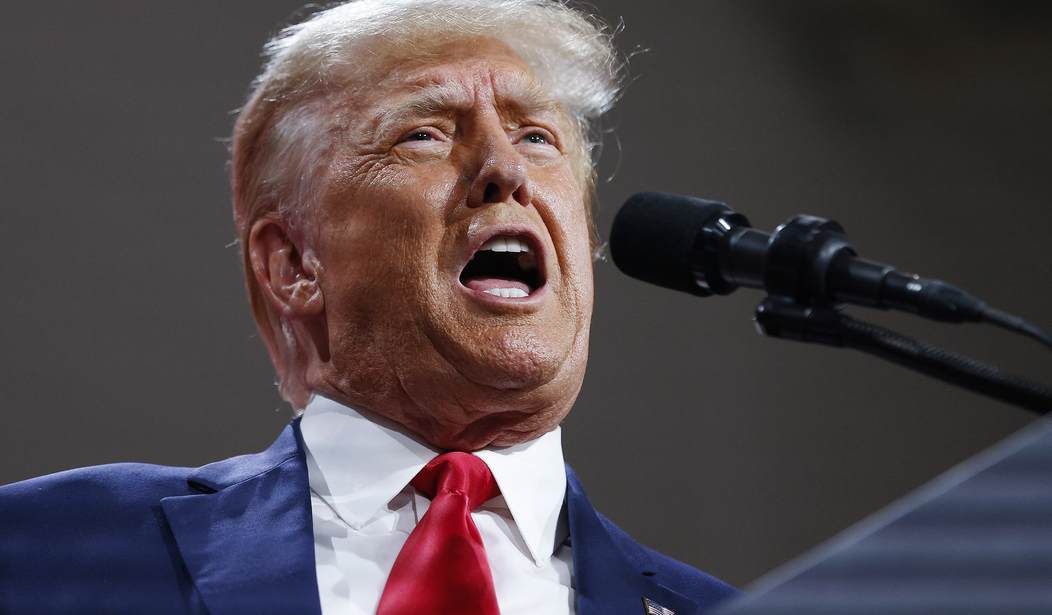Former President Donald Trump’s legal team is mounting a robust defense against the criminal charges against him by arguing presidential immunity. Drawing from both precedent and constitutional interpretation, the case they are making could carry significant implications for the scope of executive power in the Oval Office.
Trump’s attorneys are asking a judge to dismiss the case against their client over his effort to change the outcome of the 2020 presidential election.
Lawyers for Donald Trump have urged a federal judge to dismiss the criminal case over his efforts to overturn the 2020 election results, advancing a sweeping interpretation of executive power that contends that presidents cannot face prosecution for any conduct they engaged in while in office.
The request to throw out the indictment, handed up earlier this year by a federal grand jury in Washington, amounts to the most consequential court filing in the case to date and is almost certain to precipitate a legal battle that could end up before the US supreme court.
In their 52-page submission to the presiding US district judge, Tanya Chutkan, Trump’s lawyers essentially argue that Trump enjoyed absolute immunity from criminal prosecution because the charged conduct fell within the so-called “outer perimeter” of his duties as president.
The filing contended that all of Trump’s attempts to reverse his 2020 election defeat in the indictment, from pressuring his vice-president, Mike Pence, to stop the congressional certification to organizing fake slates of electors, were in his capacity as president and therefore protected.
Trump’s defense team contends that his actions were conducted in his capacities as both president and presidential candidate. They argue that “the new motion argues the conduct for which Trump was charges…was performed not just as a candidate for the presidency, but also as the sitting president, a distinction that the attorneys said shields him from prosecution.”
However, this interpretation of the “outer perimeter” idea, which was originally rooted in Nixon v. Fitzgerald, has seen its share of scrutiny. Critics argue that this notion primarily applies to civil cases, not criminal ones.
At the heart of the matter is the issue of intent. Trump’s attorneys assert that even an “allegedly improper purpose for an official act does not rob the act of its official character.” However, special counsel Jack Smith contends that the former president engaged in criminal conspiracies to “devoid the American public of its right to lawfully elect the president.”
Judge Tanya Chutkan, who is presiding over the case, previously ruled against Trump’s effort to assert executive privilege over his White House records, insisting that “Presidents are not kings, and Plaintiff is not President.”
The cases against Trump have already become complex and hotly debated. The apparent political motivation behind each of them has made the issue even more controversial in that Americans, whether they agree Trump engaged in wrongdoing or not, can see that this is an effort to influence the outcome of the 2024 presidential election. The results of these cases could easily redefine the boundaries of presidential immunity and accountability. Oral arguments are scheduled to commence on October 16. As the trials kick off, it won’t only be Trump’s actions that are under scrutiny, but the entire issue of presidential power and its limits.












Join the conversation as a VIP Member